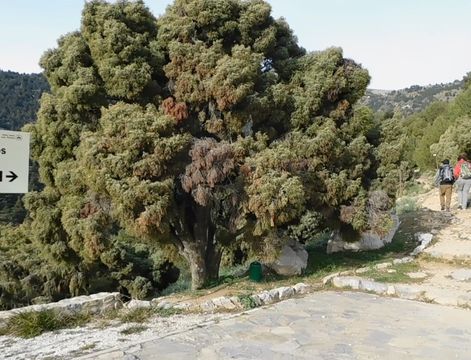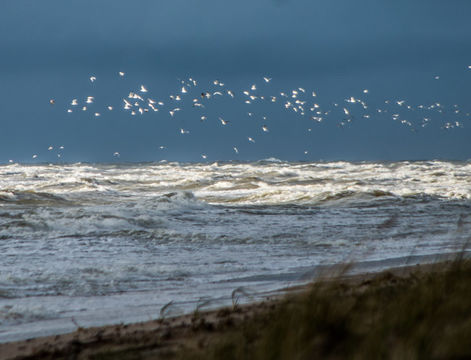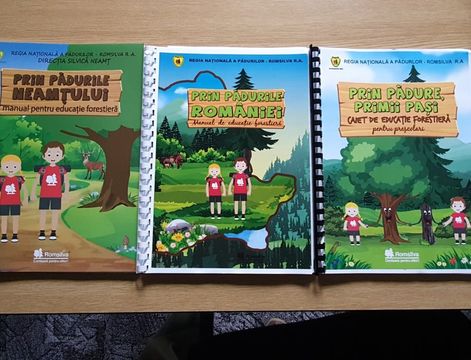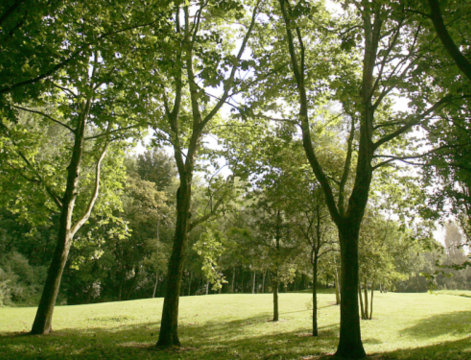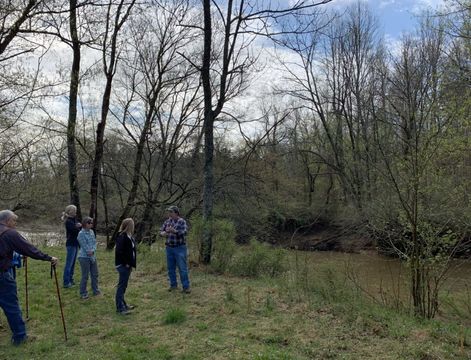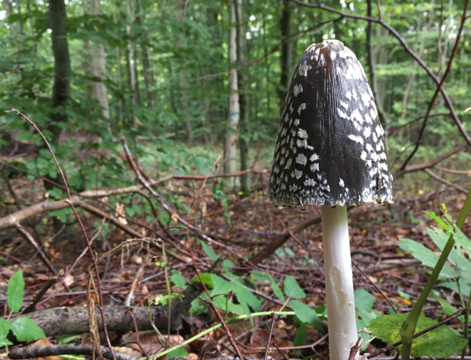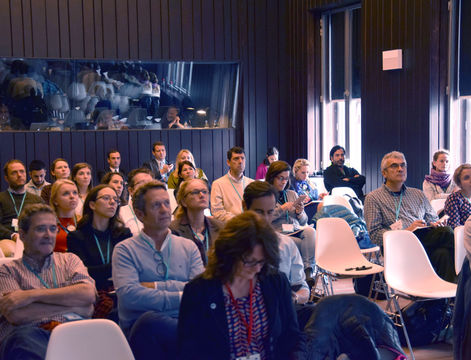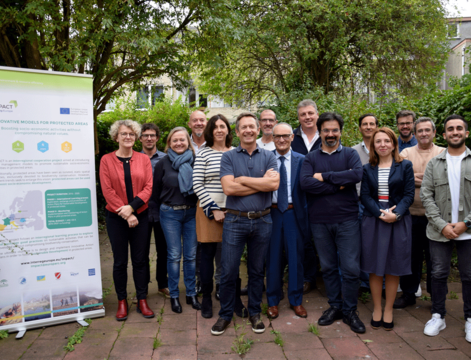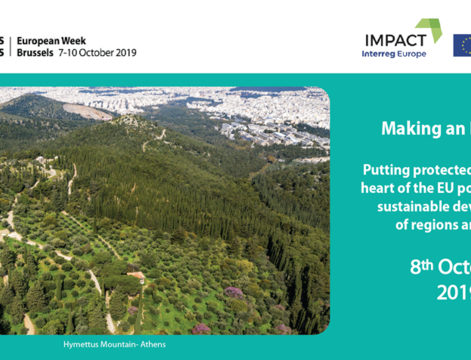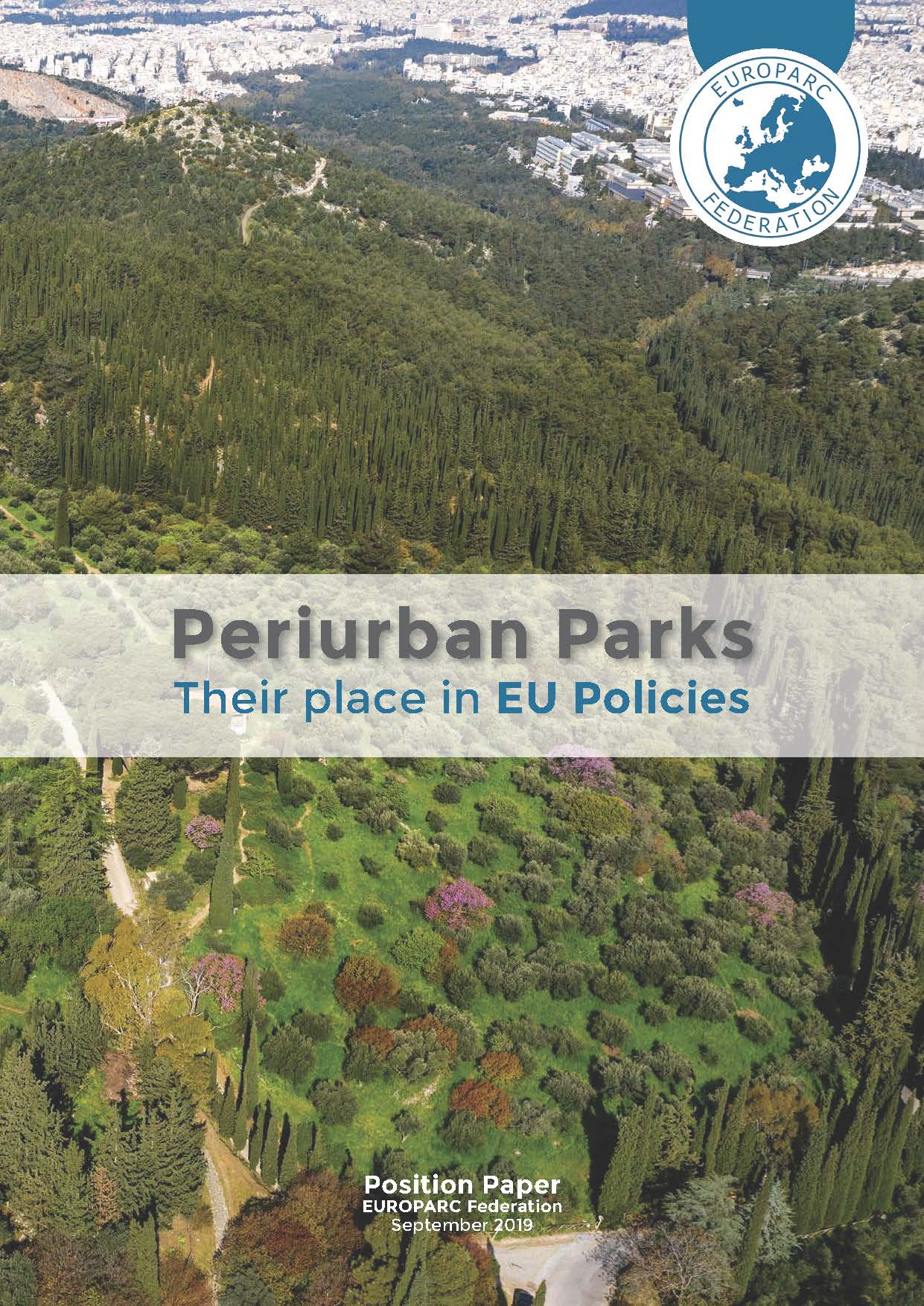Javier Soto Vázquez - Head of Socio-Economic Dynamic Service - General Secretariat for Environment and Climate Change
Regional Government of Andalusia
1. Why has the Junta de Andalucía (Regional Government of Andalusia) decided to promote this project?
The Andalusian Ministry of Environment and Spatial Planning plans development in the most important Natural Areas through Sustainable Development Plans.
A Sustainable Development Plan is the strategic and planning tool for socio-economic and sustainable development in Andalusian Natural Areas; the purpose is to promote development without compromising the conservation of nature in these spaces.
These plans take into account measures contributed by territorial agents and citizenship, and comply with all current regulations on Plans and Programs approved by the Regional Government of Andalusia.
A Sustainable Development Plan is a strategic and planning tool to promote socio-economic and sustainable development in Andalusian Natural Areas
2. What is the role of the Junta de Andalucía in the project? What is your biggest challenge?
The Andalusian Ministry of Environment and Spatial Planning is the lead partner of the project. We were the ones to conceive the original idea of the project. Our main challenge is to achieve a more participatory way in the conception and revision of Sustainable Development Plans.
3. What is IMPACT expected to achieve?
The IMPACT project is aimed at acquiring knowledge and incorporating methodologies - that work in other countries - into our Sustainable Development Plans.
4. How does the local population benefit from this project? How is the population informed?
The local population is active in the drafting of the Sustainable Development Plans, generating ideas and measures, which reflect the real needs of the territories.
5. To what extent can a tool such as the European charter of sustainable tourism promoted by EUROPARC be useful for promoting economic activity such as tourism by making it compatible with the conservation of natural resources, i.e. sustainability?
Uncontrolled tourism is today one of the greatest threats to the conservation of Natural Spaces, it is essential that this is developed and grown in a way that does not affect the conservation of natural spaces. This can only be achieved by developing sustainable tourism, and not only by the Administration, but also by involving all territorial agents with responsibilities in this sector



